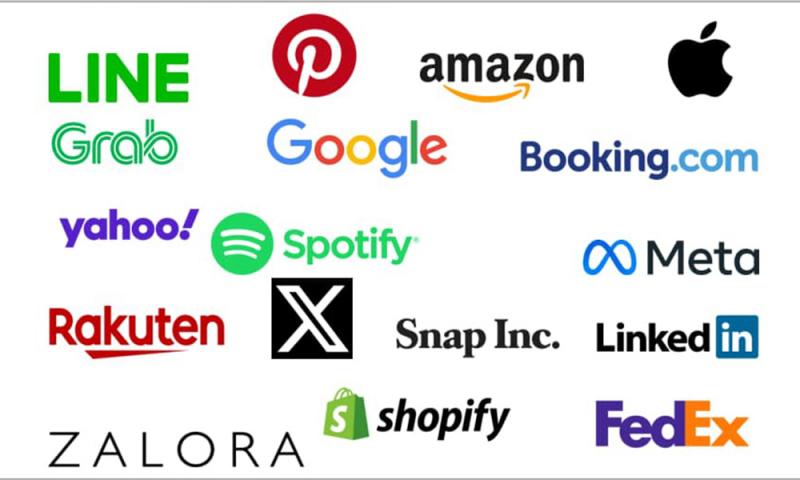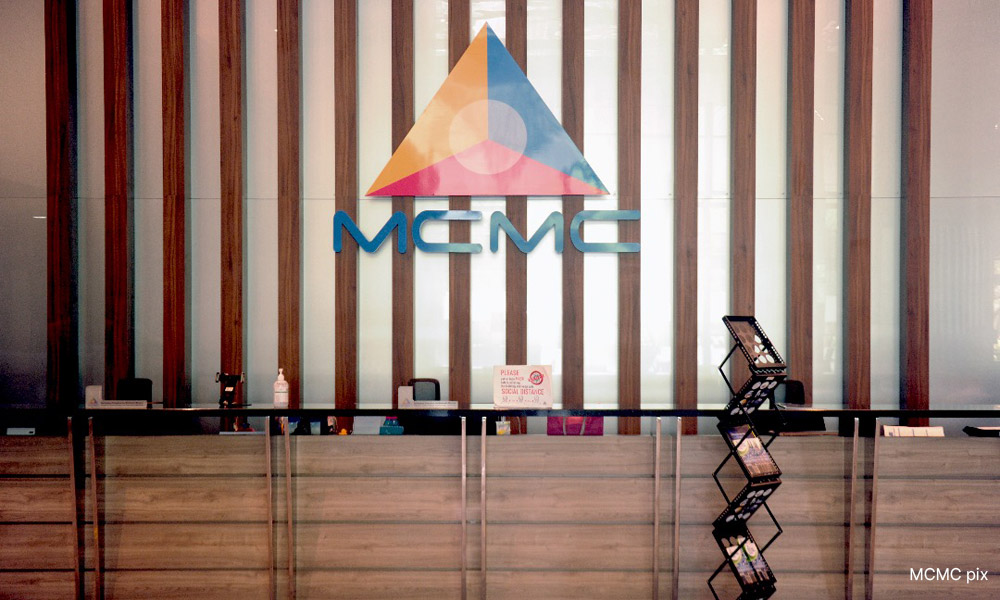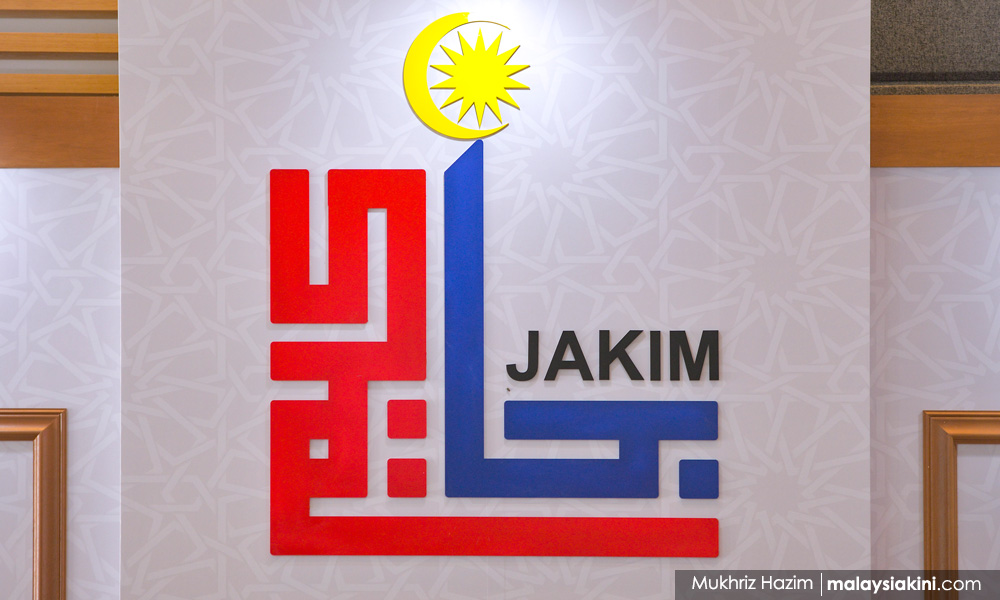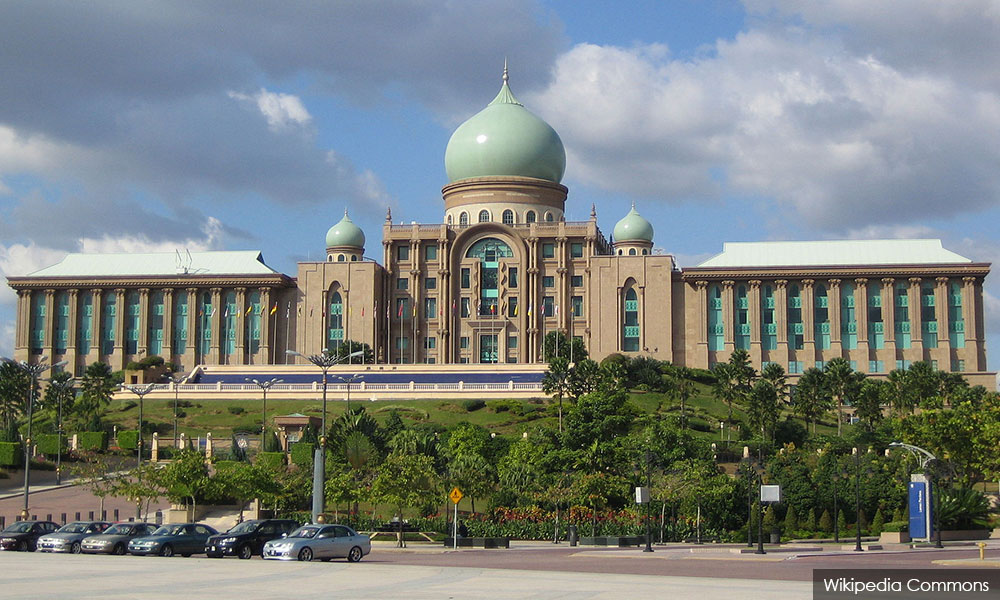
Tech giants urge govt to pause 'unworkable' social media licence plan
Published: Aug 26, 2024 9:34 PM
A coalition of tech giants including Google, Meta, Amazon, and Grab wants the government to hit pause on its plan to impose licences on social media platforms.
The objections, voiced in a letter to Prime Minister Anwar Ibrahim, contradict Communications Minister Fahmi Fadzil's claim that social media platforms had responded positively to the regulations.
In their letter, the tech giants - banded together as the Asia Internet Coalition (AIC) - said the legislation was "unworkable".
"We believe this licensing framework is unworkable for the industry and will adversely impact innovation by placing undue burdens on businesses," AIC managing director Jeff Paine said in the cover letter dated Aug 23.
"It will hinder ongoing investments and deter future ones due to the complexity and cost of compliance," he added.
He claimed there were also no formal public discussions prior to the government publishing the legislation's guidelines on Aug 1.
This, Paine said, created a "great deal" of uncertainty among platforms on what they would be signing up for.
"No platform can be expected to register under these conditions," he added.
The letter was released to the public on AIC's website today.
5 issues of concern
In its 10-page appendix to the latter, the AIC outlined five issues of concern regarding the social media licensing scheme, particularly the need to register a Malaysia-based entity and to obtain a licence, which it deems unnecessary and raises the cost of doing business, especially for small and medium enterprises.

It noted that the UK regulates online services under its local laws without the need for a “formal and cumbersome” licensing procedure.
If the government pushes ahead with its localisation requirements, the AIC urged the government to allow social media and messaging platforms to appoint third-party representatives instead of having to set up a Malaysia-based corporation.
The government should also remove any provisions that would impose criminal liability for service providers and representatives, and instead create “safe harbour” protections to limit their liability from user-generated content.
“Holding platforms criminally liable ignores the practical reality that these platforms serve as neutral conduits for information rather than the authors or publishers of content.
“Such liability can lead to over-censorship, as platforms would likely take a ‘better safe than sorry’ approach by preemptively removing or blocking content to avoid legal consequences,” it said.
Regulatory uncertainty
The AIC also warned that the licensing scheme could increase regulatory uncertainty and have an impact on Malaysia’s economy, without making a significant dent in harmful online content.
In the absence of comprehensive guidelines on what is expected from online platforms, the AIC said it is concerned that the licensing scheme would come with additional obligations.
This includes whether religious content will require approval from the Islamic Development Department and whether the requirements on turnaround times for removal requests will be feasible.
It also cited two studies by the Computer and Communications Industry Association on Germany’s Network Enforcement Act, which is found to have a high compliance cost for little effect on harmful content.
The studies found that the German law increased takedowns by 5,138 across four social media sites in 2022 out of trillions of posts created each year.
“The compliance regime required 441 staffers across the four social media sites, costing between US$1,741 (RM7,565) and US$5,116 per incremental takedown,” it said.

Self-regulation
Instead of imposing a licensing regime, the AIC urged the government to consider a self-regulation model similar to New Zealand’s Code of Practice for Online Safety and Harms.
“AIC members are open to working with the Content Forum on a self-regulation model.
“This approach can be effective in addressing inappropriate content online, either on its own or as part of a broader policy framework,” it said.
The AIC also criticised the lack of meaningful consultation about the licensing framework, which only revolved around the type of licensing that will be introduced without any concrete details or the type of companies that will fall within the scope of the regulations.
In addition, the licensing threshold of eight million users in Malaysia was not disclosed during consultations, and many companies not consulted by the Malaysian Communications and Multimedia Commission in the past now find themselves in the scope of the new regulation.

In comparison, the thresholds in the European Union and Japan are in the tens of millions of users.
“If the government is committed to creating a regulatory framework that truly addresses the issues at hand while supporting the continued growth of Malaysia’s digital economy, it must engage in a serious, collaborative effort with the industry.
“Such collaboration requires a genuine willingness to engage with the broad range of concerns raised by stakeholders.
“The breadth and complexity of the issues involved demand a consultative process that includes industry voices at every stage - from the drafting of the regulations to the implementation phase,” it said.
Anwar would prefer Malaysia use only China-based social media, and apply similar censorship controls as China to Malaysian users.
ReplyDeleteFrom where under, u have dug this piece of shit out?
DeleteOoop… in yr wettest nightmare!
Mfer, do a detail read of how Telegraph founder is been arrested by the French police & on what charges.
ReplyDeleteThe best of the demoNcratic free speech media control!